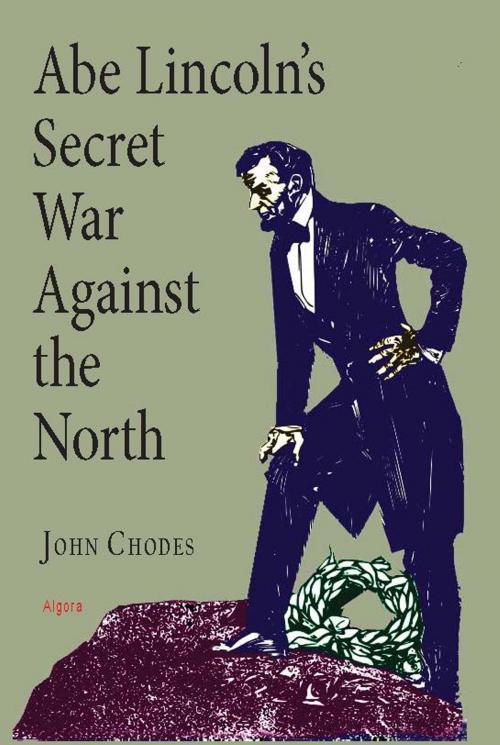Abe Lincoln’s Secret War Against The North
Nonfiction, History, Americas, United States, Civil War Period (1850-1877)| Author: | John Chodes | ISBN: | 9781628941135 |
| Publisher: | Algora Publishing | Publication: | January 5, 2015 |
| Imprint: | Algora Publishing | Language: | English |
| Author: | John Chodes |
| ISBN: | 9781628941135 |
| Publisher: | Algora Publishing |
| Publication: | January 5, 2015 |
| Imprint: | Algora Publishing |
| Language: | English |
Lincoln was reviled not only by Southerners and by his political rivals (the Democrats), but also to a surprising degree by the rank and file of his own Republican Party.
He won the war, and so he is remembered as “Honest Abe” and the “Great Emancipator.” But through this investigation of three Northern states that opposed Abraham Lincoln’s policies, and even one state that had fervently supported him, the true picture becomes more clear.
Why is this story important for today? Because many of the negatives in 21st-century American society—the centralization of power in Washington, political indifference to the popular will, the continual expansion of the “militaryindustrial complex,” can all be traced to their starting point: Abraham Lincoln’s presidency.The Radical wing of Lincoln’s Republican Party was a precursor of the 20th- and 21st-century totalitarian regimes. These Radicals believed in, and fulfilled, their goal of one-party rule. This goal was not shaped by four years of brutalizing war but was inherent in their ideology from the beginning.
Lincoln was reviled not only by Southerners and by his political rivals (the Democrats), but also to a surprising degree by the rank and file of his own Republican Party.
He won the war, and so he is remembered as “Honest Abe” and the “Great Emancipator.” But through this investigation of three Northern states that opposed Abraham Lincoln’s policies, and even one state that had fervently supported him, the true picture becomes more clear.
Why is this story important for today? Because many of the negatives in 21st-century American society—the centralization of power in Washington, political indifference to the popular will, the continual expansion of the “militaryindustrial complex,” can all be traced to their starting point: Abraham Lincoln’s presidency.The Radical wing of Lincoln’s Republican Party was a precursor of the 20th- and 21st-century totalitarian regimes. These Radicals believed in, and fulfilled, their goal of one-party rule. This goal was not shaped by four years of brutalizing war but was inherent in their ideology from the beginning.















